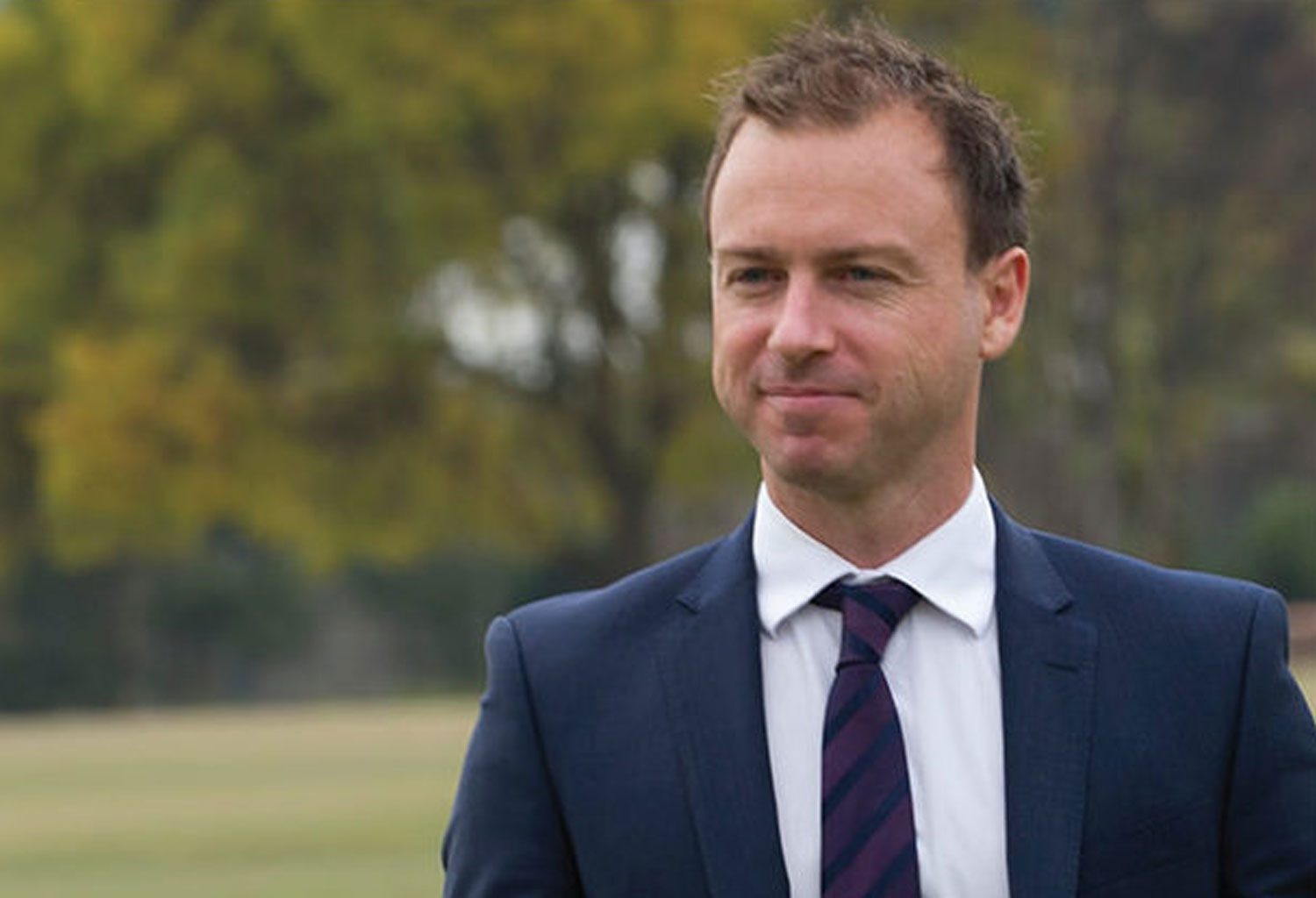Teaching skills for an unpredictable future

4 min read
Ten years ago, careers such as app developer, data miner or social media manager didn’t exist, so how can schools prepare students for future careers that might not exist yet? Mentone Grammar deputy principal Adrian Camm tackles a tough question
Children entering Mentone Grammar’s junior school in 2019 will be entering the workforce as young adults in 2030 and beyond. What does a mere 10 years of change look like for the world?
Consider the impact of the 2008 launch of the Apple App Store; how Uber changed the way we move; how Deliveroo changed the way we eat; and how BuzzFeed changed the way we consume news. We have since been introduced to space tourism, driverless cars, Instagram, Snapchat and iPads.
Intelligent algorithms have started to exhibit traits like creativity that we once thought were exclusively human. Even the way we interact with others has changed dramatically. Everything and everyone has at once become more connected through social media and yet more isolated, as ‘screen time’ takes away from much of our face-to-face communications.
Globalisation and the accelerating rate of technological development provide new and unparalleled opportunities for the evolution of our species. Experts argue that the world of 2030 will be shaped by advancements in artificial intelligence, quantum computing, synthetic biology, biotechnology and the field of big data. The appliances and accessories that we wear and have in our homes will continue to gain greater tracking, storage and analytical power through next generation internet services.
Automation is already forcing many industries to rethink traditional blue collar professions and many jobs that were once human endeavours are now obsolete or require entirely different skills. As artificial intelligence applications become increasingly sophisticated, we are seeing glimpses of the inevitability that, one day in the not too distant future, machines will exceed our abilities in many, many areas.
The young people graduating from Mentone Grammar in 2030 will face some of the world’s most pressing and intractable problems: the political, environmental, economic and social implications of global warming and climate change; the ethics and morality of our ability to genetically modify our unborn children; an increasing and ageing population that has come about through advances in medicine and increased life expectancy; dwindling natural resources; and the merging and augmentation of human intelligence through the use of technology and pharmaceuticals.
The call for schools to prepare students for an uncertain future can be seen throughout the 1960s, 1970s and 1980s under the guise of school reform and the risk of irrelevance. While the argument today largely remains the same, we have never before been in the grips of such rapid technological development. Change is now the one known against the multitude of unknowns.
Schools play a critical role in shaping the competencies and capabilities of young people. There has always been debate about the kind of skills people will need to thrive in the future. In-depth knowledge, skills and expertise of a particular specialisation are still absolutely important, but increasingly major discoveries at the interstices between disciplines require depth in a specific field but also an ability to see and make connections more broadly.
Tony Wagner, an Expert in Residence at Harvard University’s Innovation Lab, states: ‘Young people who are intrinsically motivated – curious, persistent, and willing to take risks – will learn new knowledge and skills continuously. They will be able to find new opportunities or create their own – a disposition that will be increasingly important as many traditional careers disappear’.
Schools need to create the conditions for students to develop this disposition toward learning. These conditions must not stymie or stifle curiosity, but should free children’s imaginations and enable them to be resilient in adversity.
The role of the teacher will still be to teach, but also to model, mentor, facilitate and assist in the development of character and emotional intelligence. Students will need help in developing a certain comfort with being uncomfortable. They will need to be put into situations where they have to make decisions in order to become skilled at making good decisions. They will need to learn how to navigate the multitude of new technologies at their disposal in safe and ethical ways.
If schools tailor their approach to develop students who have a sense of agency, then a variety of teaching and learning approaches must be used that are experiential, project-based and interspersed with periods of direct instruction. By creating these conditions, they will equip students with the dispositions, tools and networks to embrace any possible future.
So, is it possible to teach skills for an unpredictable future? Yes.
A breadth and depth of knowledge can be gained through a combination of explicit and implicit teaching and via opportunities for students to grapple with complex problems through inquiry. Through community service programs and local and overseas expeditions, students develop an understanding of their place in the world and how they can be leaders, giving back to others and contributing as active, productive and informed citizens.
Through programs like the Mentone Grammar RULER program, students are explicitly taught how to recognise and regulate their emotions and how to see situations from the perspective of others. Skills like creativity, communication and critical thinking are developed through the lessons and experiences our teachers develop for our students. And through high expectations, students in our senior years develop a strong work ethic and important habits of mind as they strive to do their very best.



